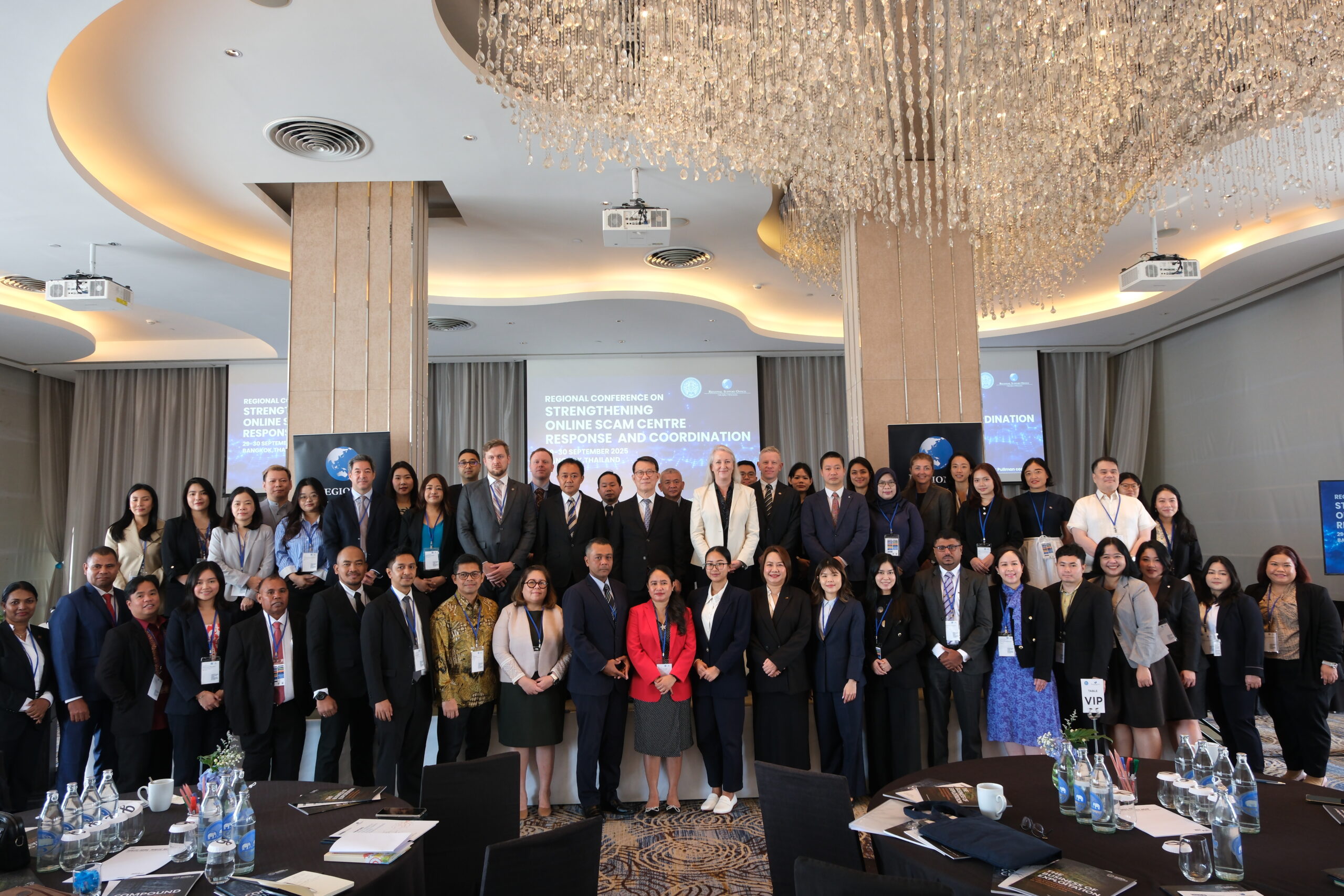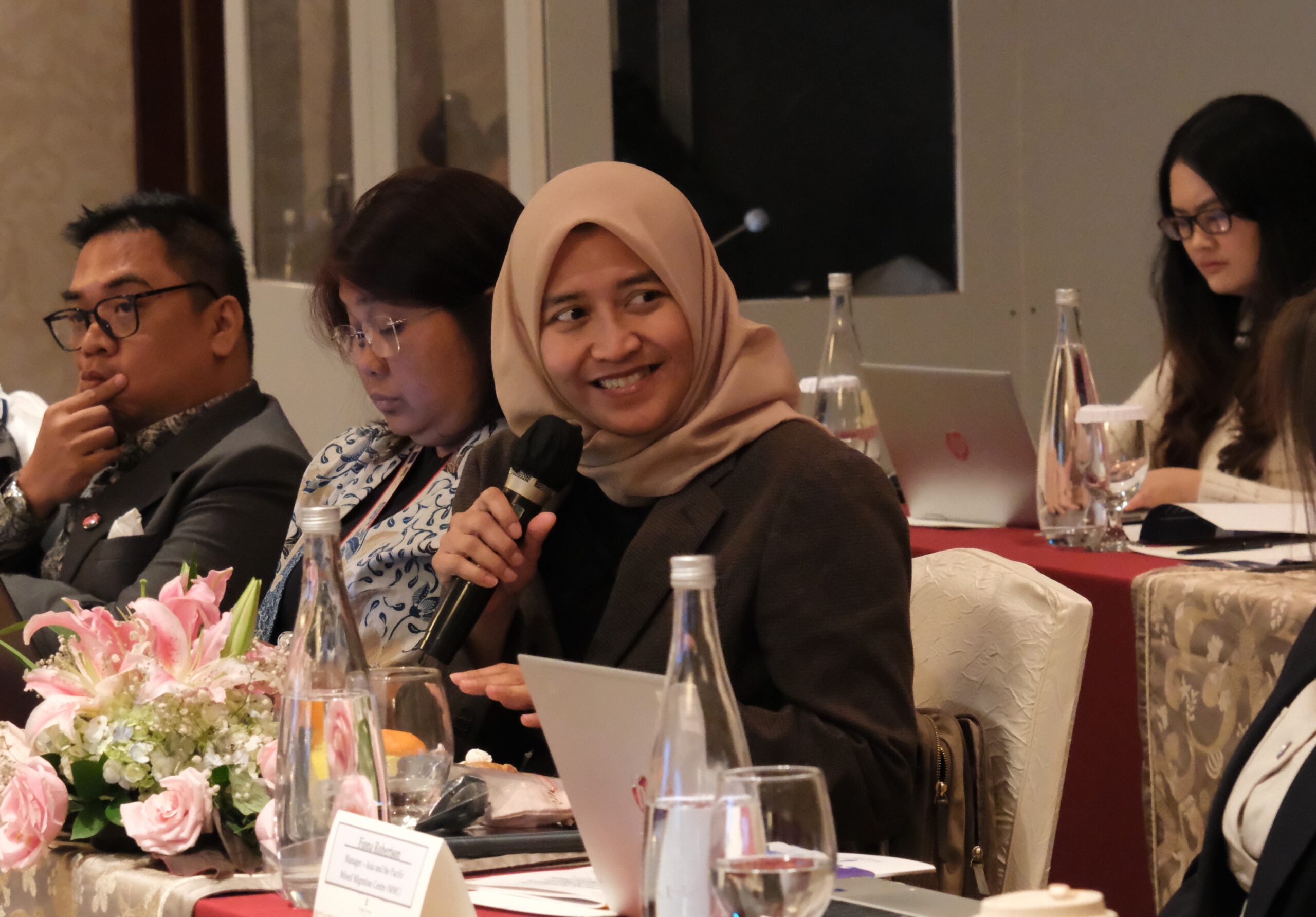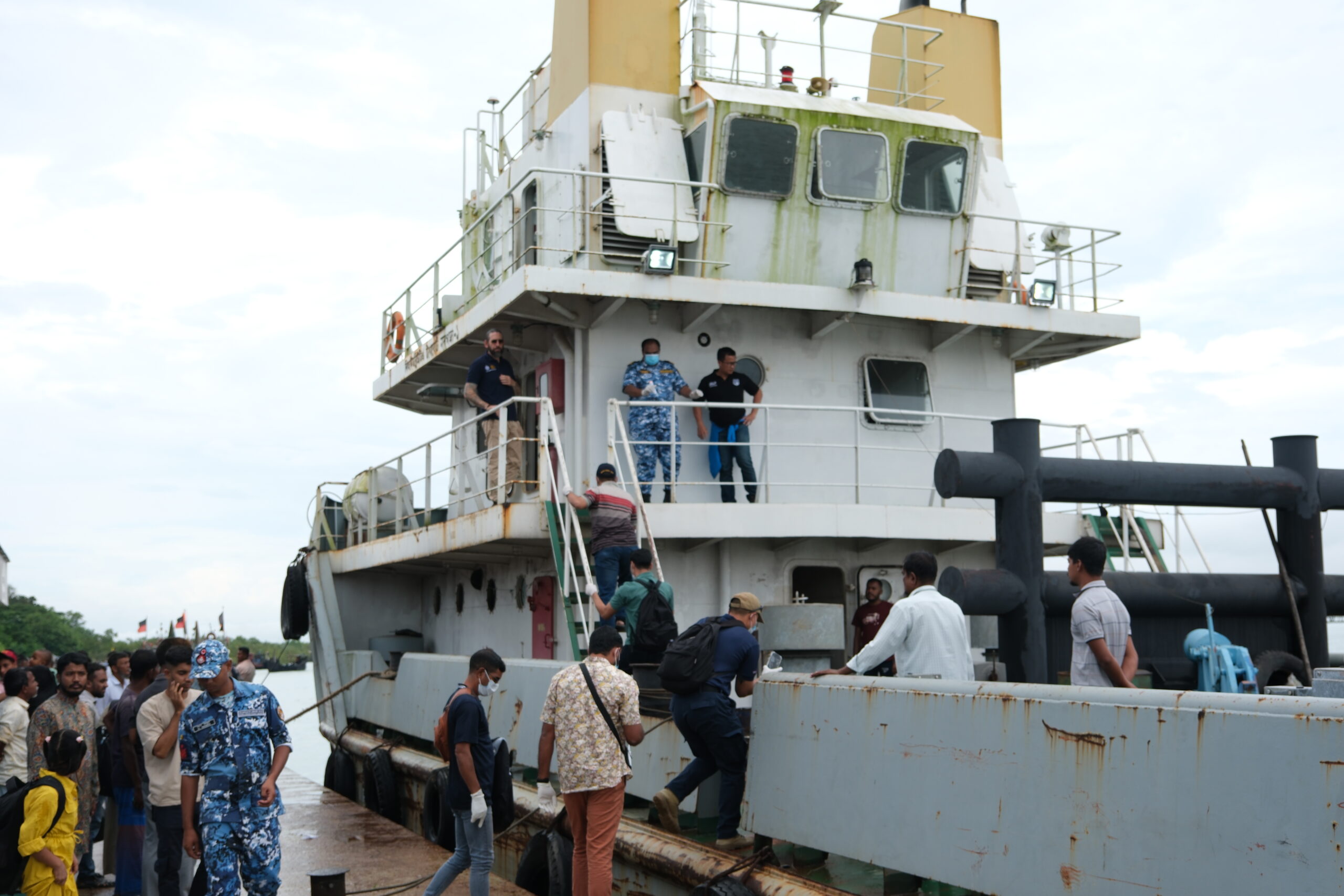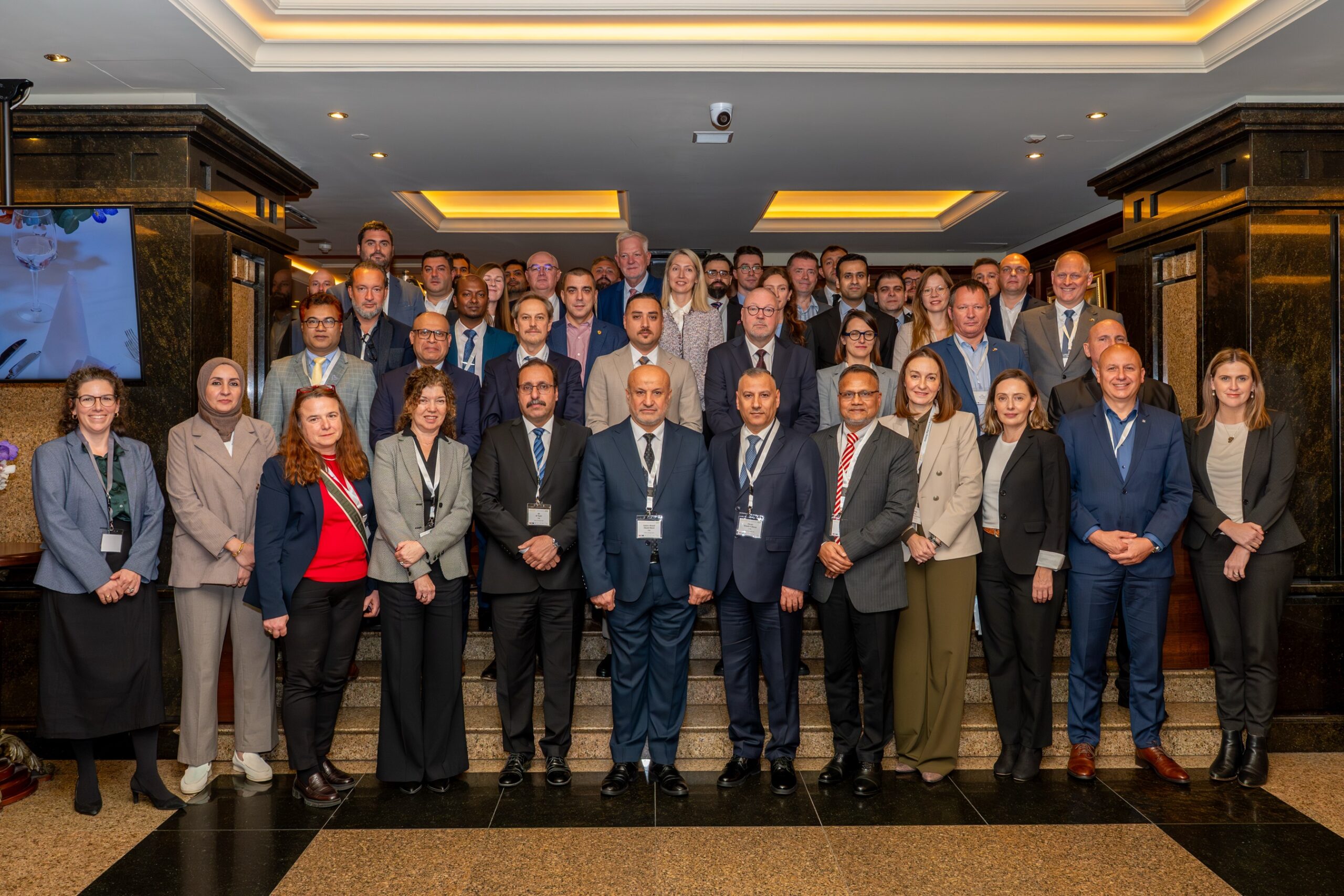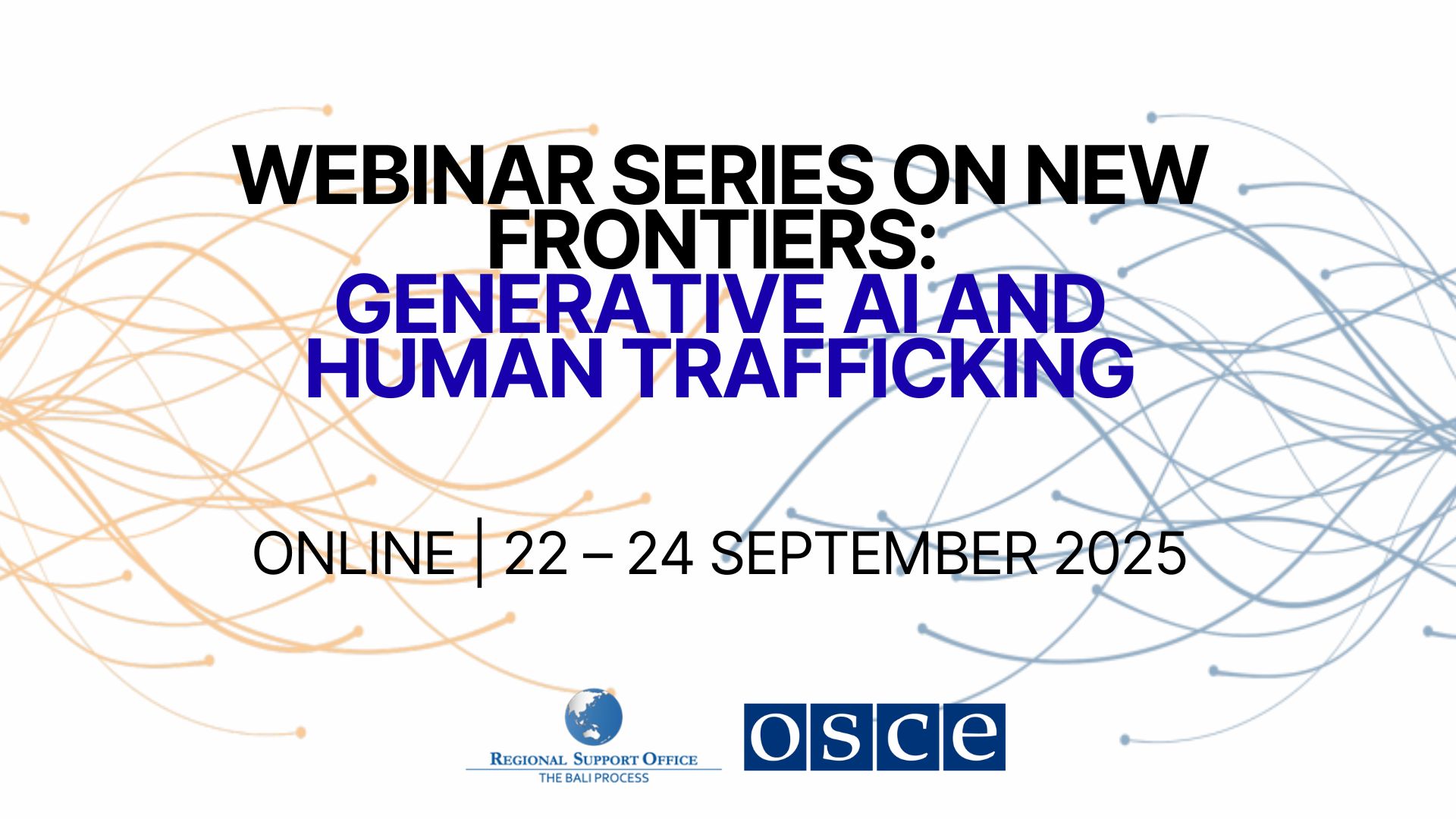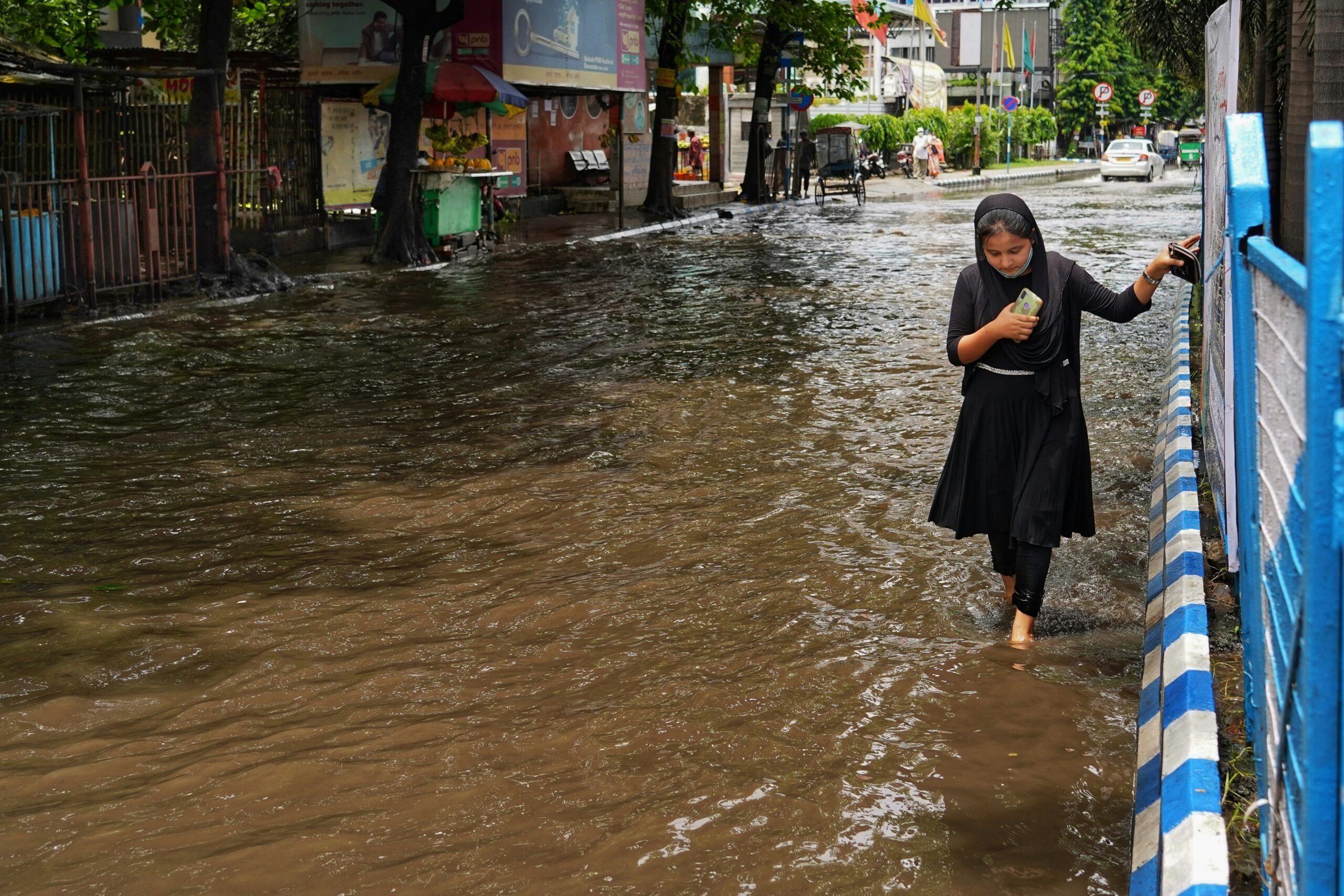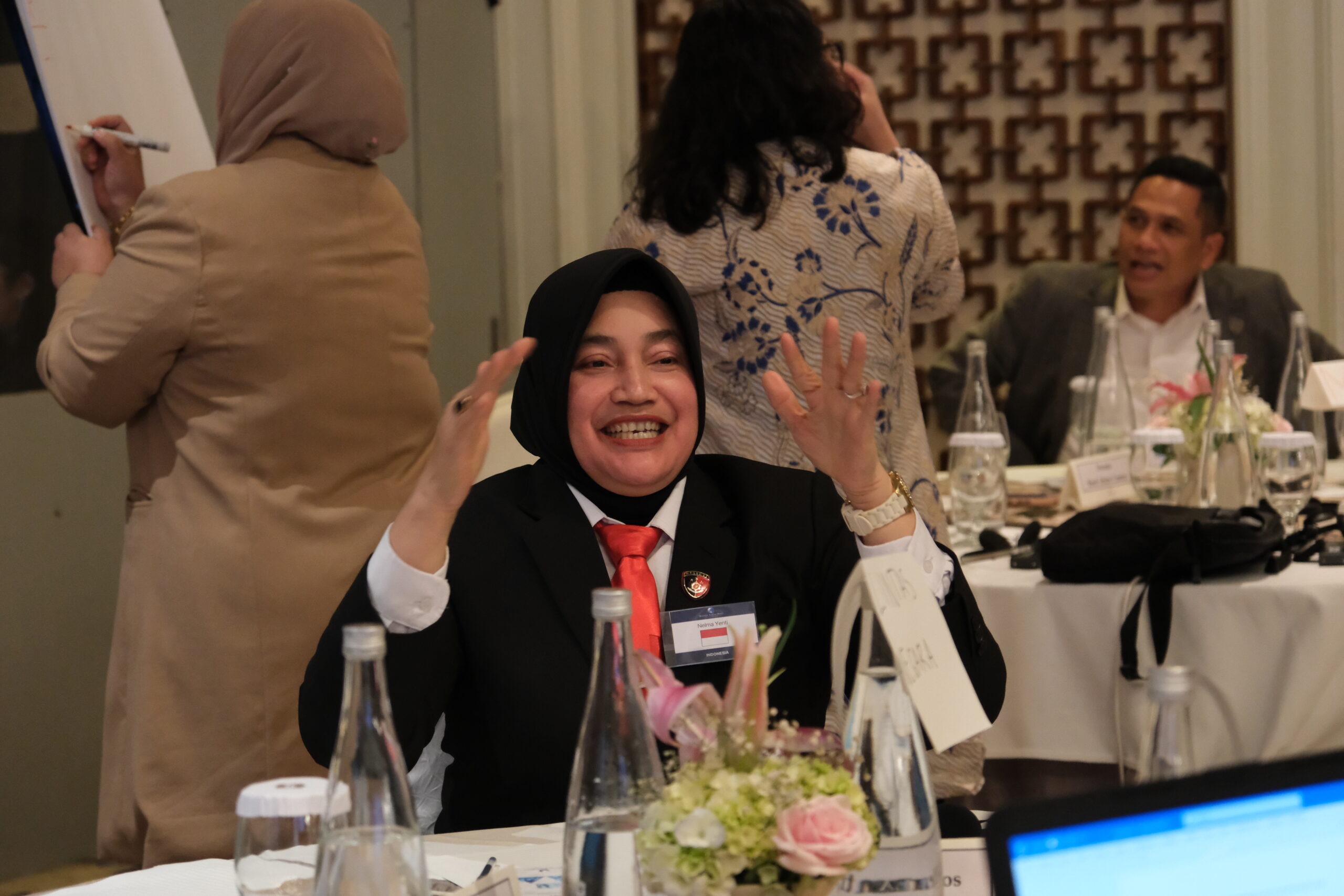2 October 2024 • Online
The RSO and the Mixed Migration Centre led a pre-validation meeting to discuss key findings from primary research in Bangladesh, Indonesia, Malaysia and Thailand that will inform an Assessment of Community Perceptions and Information Needs of Persons at risk of Irregular Migration.
Participants provided useful additional inputs and perspectives for consideration in the key findings of the assessment, prioritising the recommendations made to address information needs of persons at risk of irregular migration. The importance of migrant-inclusive approaches, broadening protective measures, implementing evidence-based policies, and strengthening cross-border collaboration emerged as common themes.
Drawing on 612 surveys with migrants and 41 interviews with government interlocuters, international organisations, civil society, migration experts, and the private sector in the four target countries, the research will provide actionable recommendations to Bali Process Member States that can inform public information campaigns and awareness raising efforts on risks associated with irregular migration journeys, as well as to support access to safe and regular migration pathways.
The four Bali Process Member States were selected for this assessment as key origin, transit and destination countries for irregular movements in the region. Bangladesh serves as a country of origin for migrants and refugees travelling to Malaysia; Indonesia is both an origin country of migrant workers and a transit country for asylum seekers and migrants heading to Malaysia and Australia; Malaysia is a destination country for migrants from Bangladesh and Indonesia; and Thailand is a country of destination for migrant workers from neighbouring Southeast Asian countries.
Fiona Robertson, Manager for Asia and the Pacific, Mixed Migration Centre (MMC) observed: “Irregular migration is rarely influenced by a single factor but is driven by an interplay of economic, political, and social factors that are further shaped by cross-cutting issues, primarily the inaccessibility of regular migration pathways and the lack of reliable information. Effective information programming is crucial for promoting safe and regular migration, and it must be integrated into a broader strategy that addresses the underlying factors that drive irregular migration.”
Participants engaged in a prioritisation exercise and identified which recommendations were most applicable to their respective country contexts, including:
- Adopting a community-based that involves community leaders, returnees, and migrant-led CSOs to share information about safe migration.
- Migrant-inclusive approach as a top priority to ensure the protection of migrant rights and promote access to services such as translation support, transport, legal assistance.
- The need to streamline regular migration routes and processes to ensure these options are more efficient and transparent, and to expand and diversify accessibility to regular migration pathways for prospective migrants.
Meanwhile, host countries were deemed to equally benefit from strengthened cross-border collaboration in the development of comprehensive migration policies. This includes broadening protective measures for migrants through targeted policies for vulnerable groups, collaborating with civil society, and implementing evidence-based policy to inform and improve the effectiveness of migrant support programmes.
The assessment was designed in line with the objectives of the 2023 Adelaide Strategy for Cooperation, which underscores the importance of building preparedness among Bali Process Member States to address irregular migration and related transnational crime.
Devmi Dampella, RSO Programme Manager for Irregular Migration and Regional Priorities said: “When individuals have limited accessibility to regular migration pathways and lack access to reliable information on safe migration, they are more likely to be pushed towards riskier options. For origin countries, focusing on a community-based, migrant-inclusive approach is key. In host countries, practitioners called for continued efforts in cross-border collaboration, and prioritisation of enhanced regular migration options.”
The findings of the assessment will inform the refresh of the Bali Process Handbook on Addressing Irregular Migration through Effective Campaigns, and building on this, further activities that will support coordinated information campaigns for the region.
For more information regarding the assessment and other related publications, please refer to the publications page on the RSO Website and MMC Website. For questions related to the assessment, please contact Florentina Tudose, RSO Programme Officer – Irregular Migration and Regional Priorities at Florentina.tudose@rso.baliprocess.net.






